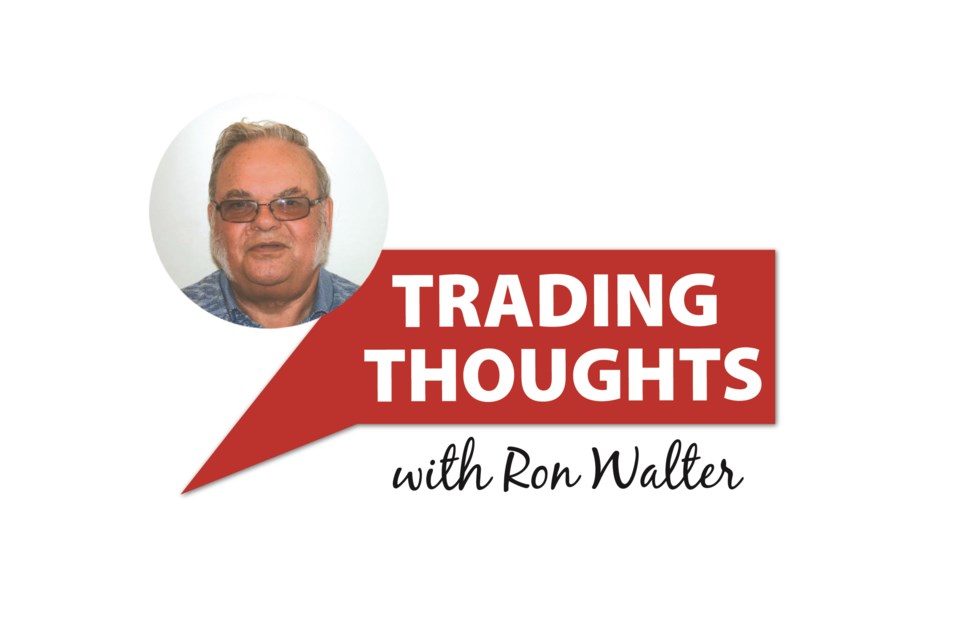The decade to 2020 has seen a disproportionate increase in concentrated personal wealth around the world, according to an annual review by Oxfam International.
Since 2020, the five richest men in the world have seen their fortunes more than double while almost five billion people have seen their wealth decline.
Elon Musk, the world’s richest person, increased his fortune by 737 per cent in a decade to $245 billion U.S.
Meanwhile the wealth of five billion people declined by on-fifth of one per cent.
Hardly seems fair does it?
The Oxfam report, titled Inequity, is prepared every year in advance of the Davos World Economic Forum.
The world’s richest people, influential and wannabe influential bureaucrats and politicians, gather every year at Davos to pontificate about global issues then jet back home and keep doing what they have been doing.
There is nothing wrong with wealth in itself. Criticism of vast wealth derives from its impact on society, and abuse.
Oxfam’s report indicates the large amount of wealth comes from rewarding the wealthy, not the workers, privatizing public services and dodging taxes.
Eighty-two per cent of business profits are returned to shareholders as dividends or buying back stock while Oxfam argues not enough goes to the workers.
The report does not mention inflation as a source of wealth. A Saskatchewan farmer with clear title to 1,000 acres of land in 1978 was worth between $300,000 and $500,000.
Today that land is worth between $800,000 and $3 million depending on the soil. Productivity hasn’t increased six times since then.
The Belgian-based charitable agency suggests a five per cent tax on assets of the wealthy to equalize the situation.
Canada planned a tax on increased value of assets every five years when capital gains tax was introduced in 1971. The idea was shot down by almost every one from the rich to small business to farmers.
The concentration of wealth leads to monopoly and the development of one-party style politics, says the report.
Example: 25 years ago 10 companies controlled 40 per cent of the world market for seeds. Today two companies control 40 per cent.
Some of the rich like Bill Gates donate large chunks of wealth to improve the world. Others hug their wealth like a toddler’s security blanket
Just who are the world’s super wealthy?
Until the technology-driven era of the late 1990s, most made their fortune in real estate, then overnight technology successes changed the picture.
Canada has 600 billionaires, second highest number on the globe.
And Canada has 2.29 million millionaires. Only eight per cent inherited their wealth.
Ninety-two per cent are self-made and half are immigrants or first generation Canadians.
An Ipsos survey found 57 per cent of Canada’s millionaires are retired and 31 per cent own businesses.
Thirty-five per cent of them made $40,000 a year — not even twice the minimum wage. Apparently becoming a millionaire isn’t such a big deal as it used to be.
And 34 per cent made $100,000 to $150,000 a year. Only one in 12 made over $150,000 a year.
A 10-year old Wealth Insight mutual fund report says Saskatchewan had at least 8,000 millionaires.
Half lived in Saskatoon. About 30 per cent lived in Regina.
Just under one in four made their money in oil and gas; about one in five from transportation; and one in seven from financial services and investments.
Ron Walter can be reached at [email protected]
The views and opinions expressed in this article are those of the author, and do not necessarily reflect the position of this publication.




